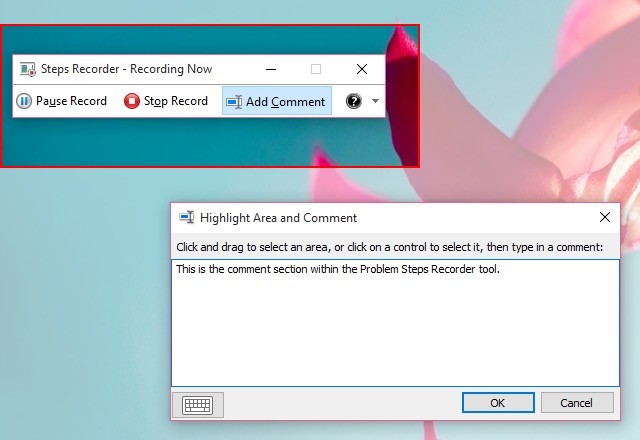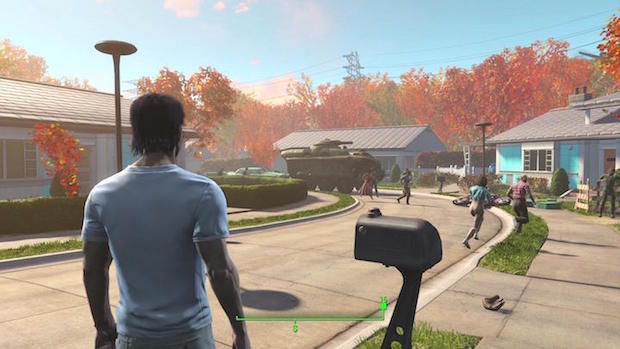


One of those weird things a lot of people on the internet utter a lot when their favorite game has been blasted to pieces by a critic is “well, he didn’t review it objectively, he obviously hates the genre!”, screaming bloody murder and blasting critics for, well, for being critics. That is what critics are for, for giving an opinion on a piece of culture. Pardon me if I declare games as such.
Are there objective criteria that make games good or bad? As in, how airtight are the controls? Sure. Some faults in games are surely objective in one way or the other, but that ultimately doesn’t matter. Let’s go to film. Michael Bay, we can all agree on, isn’t a very good director. His movies tend to not be anything but mindless, dumb entertainment. Yet, he does know how to film ridiculously epic scenes. That last part everyone should be able to agree upon. And he’s outstandingly successful with doing what he does. A lot of people obviously like his movies and pay hard earned money for a ticket. Yet the critics rightfully dislike every movie he makes.
Critics have no obligation whatsoever to be objective.Now, let’s look back at gaming again. The Call of Duty series is probably the best analogy here. The games are without a doubt well built pieces of workmanship. Yet that doesn’t mean that as a critic, I am obliged to love them and give them high ratings, just because the workmanship is solid. Call of Duty is a highly problematic series, with a multiplayer part that has some very weird parts to it and a single player campaign that doesn’t appeal to me due to the storytelling techniques involved and the overall gung ho jingoist message. I can acknowledge the games qualities. But I don’t have to like it. So as a critic, I have every god damn right to give the latest Call of Duty game a bad rating.
Is that objective? Probably not. It is my opinion, as a critic. If I’m a well known critic on platform that is in wider circulation, my readers will know what to expect from me, and will probably know if they tend to agree with me or not. And that is fine. That’s what a critic is for. A critic is not there to analyze cultural items with a set of boxes to check. Imagine approaching music criticism or theater criticism or movie criticism with the same fixation on artificial objectivity that games journalism regularly features. It’s ridiculous. Critics have no obligation whatsoever to be objective. Guess what, critics don’t even have to be objective in and on themselves. Just because I liked Call of Duty a few years ago doesn’t mean that I have to still like it today. There is no obligation to a critic to rate anything in a way that disagrees with the critic’s very own opinion. No valuable writer would ever say “well I hate it, but it’s so popular and the graphics are neat so I have to give it at least an 8!”.
Objectivity is something that’s best left to academic papers. And product reviews. But please, leave it out of my game criticism and please stop hounding critics for the “lack” of it.




 Don't Miss The Best Tech Deals of 2015
Don't Miss The Best Tech Deals of 2015 Try This Built-In Windows Tool to Record System Issues
Try This Built-In Windows Tool to Record System Issues Fallout 4 Guide: How to Find Hazmat Suit and Be Radiation Proof
Fallout 4 Guide: How to Find Hazmat Suit and Be Radiation Proof Review: Starpoint Gemini 2
Review: Starpoint Gemini 2 Review: Diablo III Reaper of Souls Ultimate Evil Edition
Review: Diablo III Reaper of Souls Ultimate Evil Edition